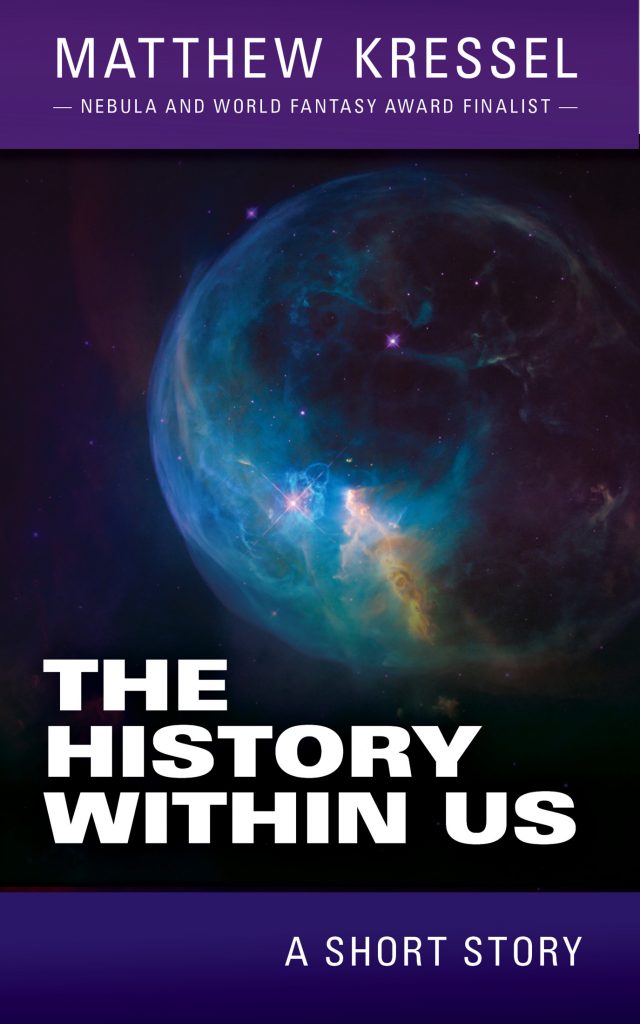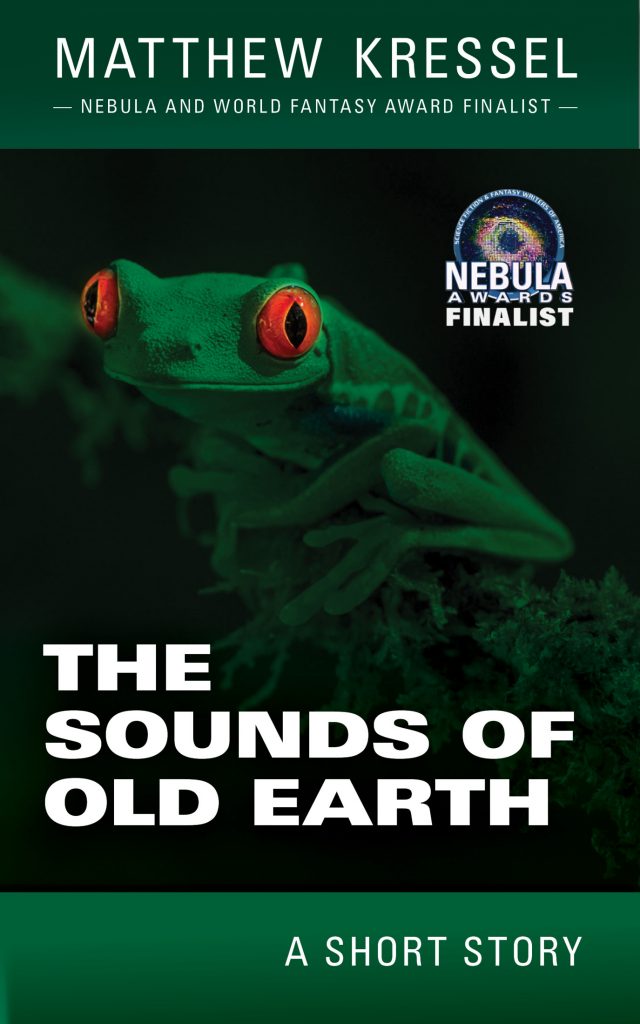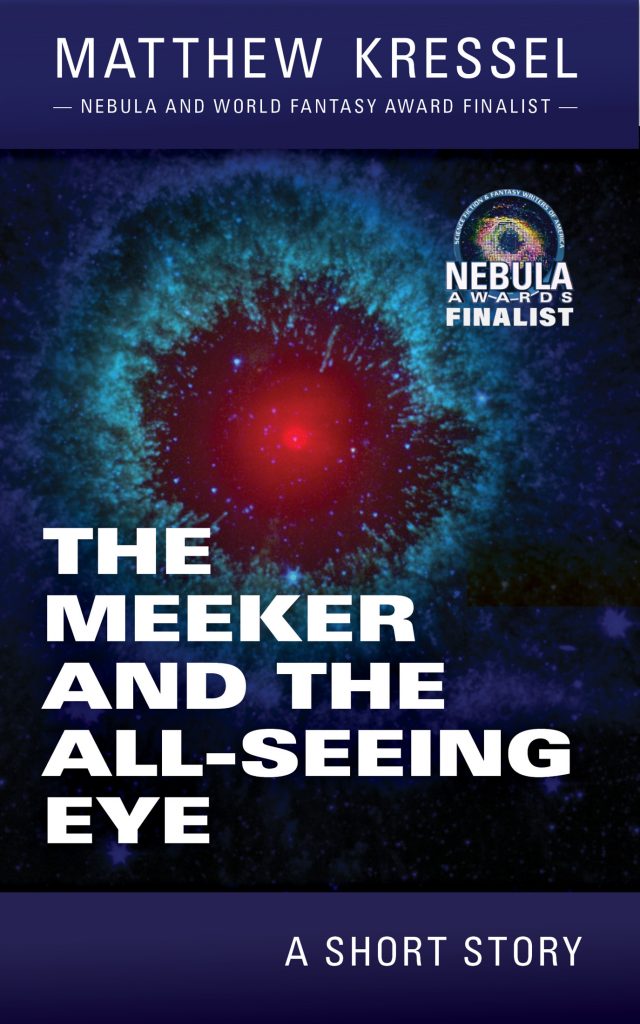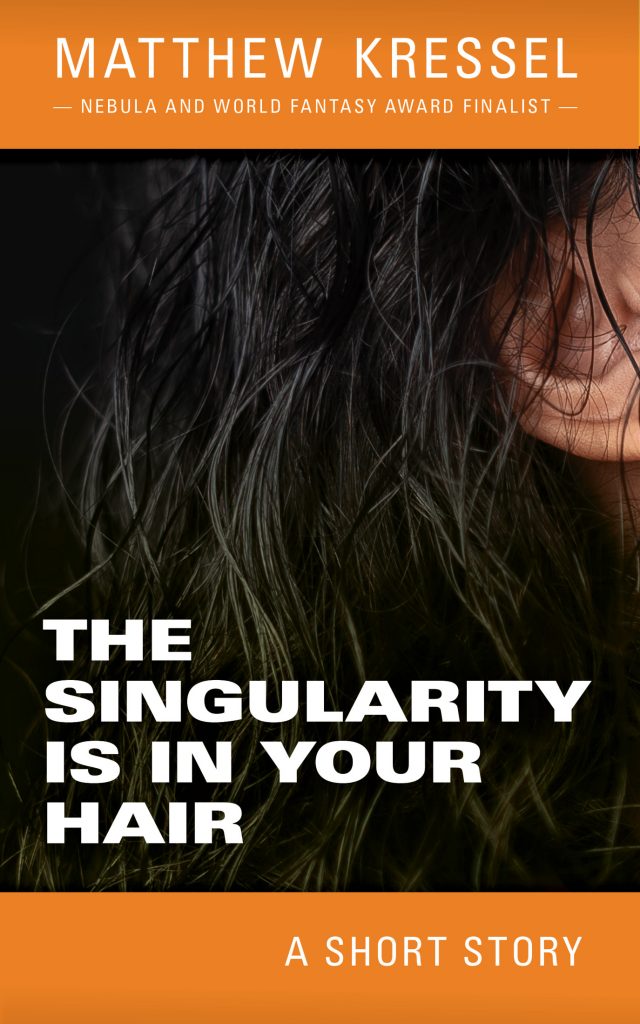I am not a Millennial. I’m Generation X1. And don’t worry, this is not a “Get off my lawn!” post or “I walked to school uphill both ways in fifty feet of snow!” post either. I’m here to talk to you about manipulation. Specifically, the manipulation of You.
I was born in the mid-70s. My first computer was a TRS-80:

Tandy Radio Shack’s TRS-80
It had 4K of RAM. To understand how small that is, know that the image of the TRS-80 above is 128K or, 32 times more than the entire memory of the computer.
I took a few programming courses in the early 80s. This was an exceedingly rare thing to do in the 80s, especially for someone as young as me. (I thank my friend Jay L. for introducing me). I was about 8 or 9 and the class was (to my recollection) mostly 14-18 year olds. We programmed Commodore PETs and sometimes Apple IIs. This is what they looked like in all their green-screened 8-bit glory:

Commodore PET 4032
&
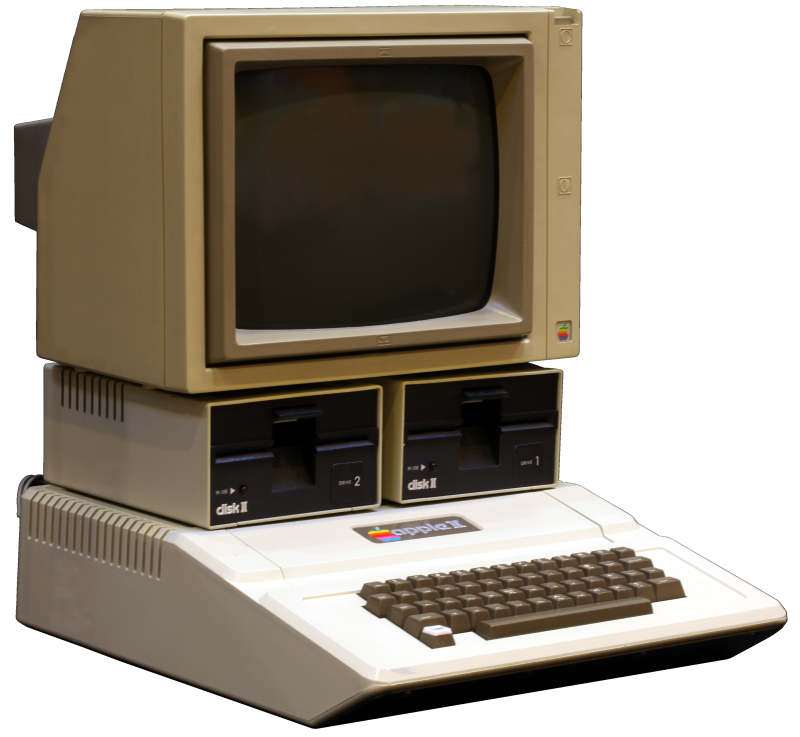
Apple II
Back in the early 80s, this is what the Internet looked like:
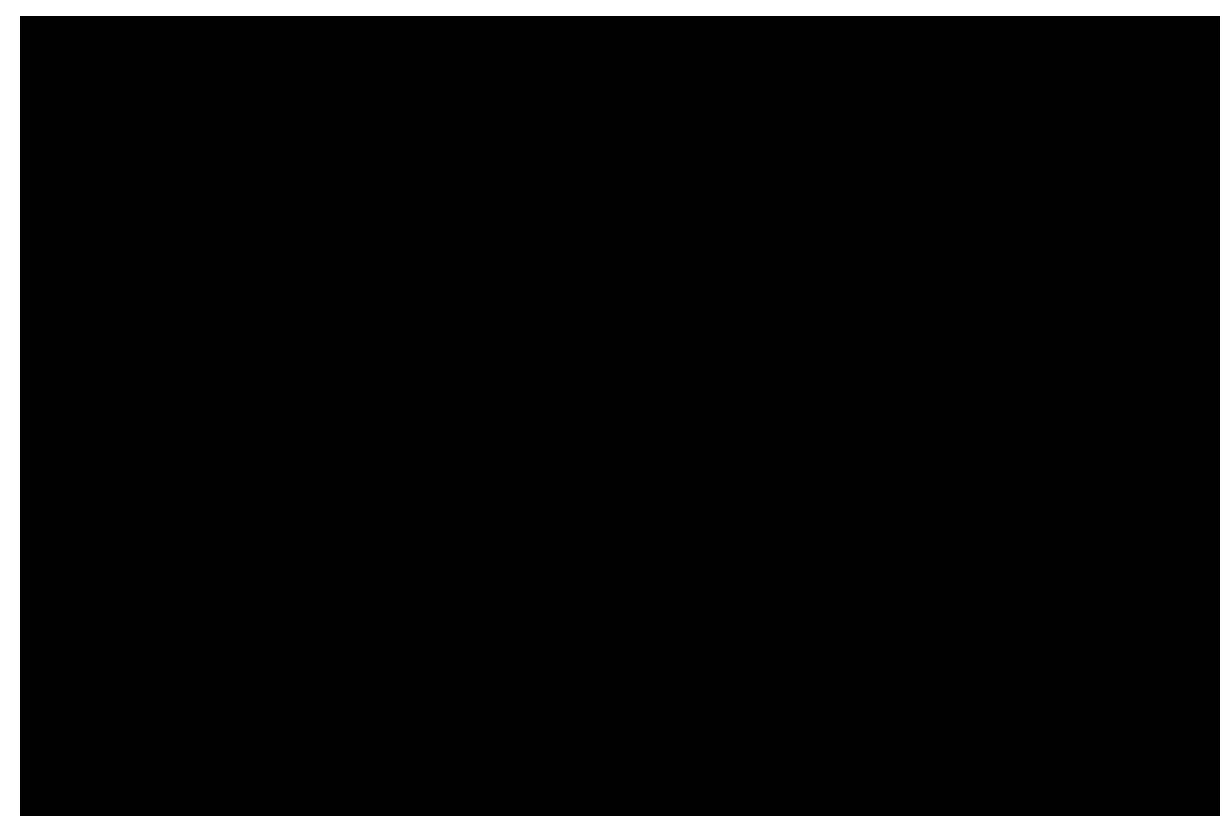
The Internet, circa 1983
In other words, there was no Internet. Okay, there was ARPANET, and universities already had a basic working model of TCP/IP, but for the bulk of humanity, the Internet wasn’t even a gleam in their eye.
When you wanted to find out what was going on in the world, you consulted a newspaper:

New York Times 1983
Or the TV:
And lots of people got their news via the radio too. Things weren’t better then. They were just different.
This is what the Internet looks like today:
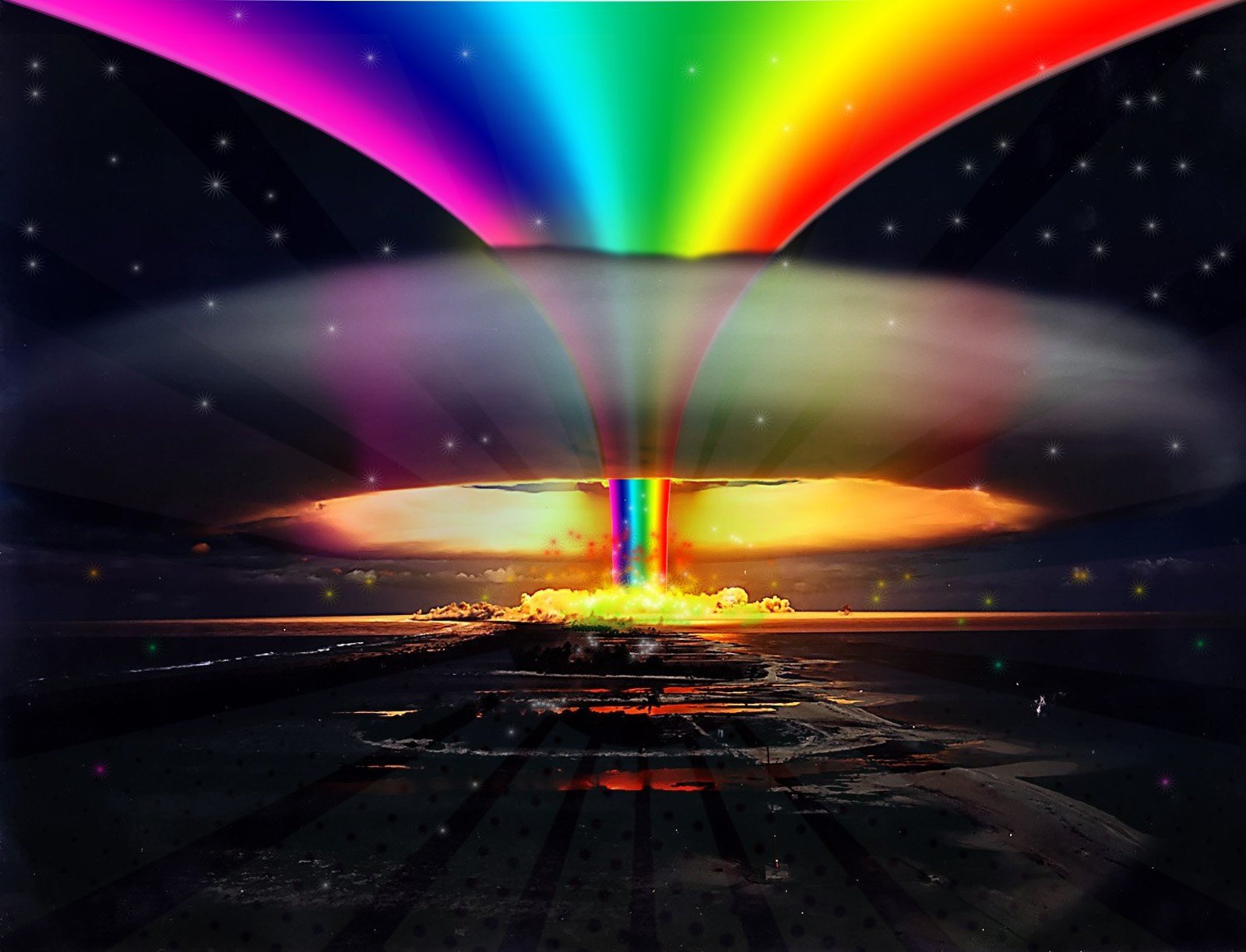
The Internet, 2017
It’s a planet-sized nuclear gigaton of overflowing exploding rainbows. Back when I started programming in 1983/4 there were maybe a few hundred Internet nodes in universities and the military. Today, that number 3.58 billion, and climbing. Note that there are approximately 7 billion humans on the planet, so that means nearly 50% are using the Internet.
When I went off to study Computer Science in college (go figure), the gospel you often heard in the department halls among starry-eyed freshman was that mass connectivity would bring out a new golden age in human communication. But there was always one pesky problem they didn’t consider. The signal to noise ratio.
“The Web will have a profound effect on the markets and the cultures around the world: intelligent agents will either stabilise or destabilise markets; the demise of distance will either homogenise or polarise cultures; the ability to access the Web will be either a great divider or a great equaliser; the path will either lead to jealousy and hatred or peace and understanding.”
—Tim Berners-Lee, inventor of the World Wide Web
In any free and open medium, there exists the potential for abuse. Take for example email, which was originally developed as a way for university professors to communicate more easily. Who would have thought that by 2017 we’d be sending 269 billion emails per day and almost 50% of them would be spam. The only reason email is still a viable communication option is that our filtering systems have gotten so good at deciding what we don’t see.
Remember this point. I’ll be returning to it in a moment.
Today, when we get online, it’s a bit like being shot in the face with a firehose:
There are massive streams of information forced into our eyes from, well, everywhere. With all that noise, it can be hard to determine what’s important and what to ignore.
The problem is, we’re not deciding. And what do I mean by this? I mean that more than two-thirds of adults get at least some of their news via social media. And they are deciding what we see.
I follow thousands of people on Twitter. I have a metric crap-ton of Facebook “friends.” I can’t possibly read all of their updates and posts. There isn’t enough time in the universe. So to prevent me from being sprayed with the firehose of information, social media sites curate what I see. Now, remember what I said about our filtering systems.
Via some hidden mechanism, I am shown only what the social media sites decide is relevant for me. To do this, they use Coca Cola and Pop Rocks and ancient black magic, and nineteen sacrificial goats, and unicorn fairy dust, and well — any and all of this could be true, because the truth is we have no idea how social media sites filter what we see.
This is what their filtering algorithm looks like:

Information redacted
Their filtering methods are a big black box that we can’t peer into. Oh, we’re given a few hints here and there as to what might get our posts and Tweets “seen” by more people. But the truth is, we don’t know how they are filtering what we see. And we don’t know what they are filtering.
And this is really, really, really bad.
This is bad because it gives them all the power. We already know that Facebook experimented with manipulating people’s moods. We already know that social media ads targeted to specific individuals were used to influence the 2016 U.S. elections. But this is just what we know for sure. So consider this: Do you honestly think with so much power to manipulate people there isn’t someone using it? No, of course they are.
You are being manipulated. Period.
I’ll let that sit for a minute. Then I’ll say it again.
You are being manipulated. Doubt me? Read this.
The bottom line is, if you get most of your information about the world through social media (and any other “curated” sites) then someone else is deciding what’s best for you, i.e. they are manipulating you. You are giving someone else immense power to shape your opinions, often without you even realizing it’s happening.
You might not think you’re being manipulated. But you are. Every day.
You should be concerned when the creator of the Like button bans himself from social media.
As someone who has seen the world shift from no Internet, to billions of Internet users, I’ve witnessed this change. And it’s alarming, to say the least. You might counter that back in 1984 that the same thing was going on, that with only a few local newspapers, TV, and radio broadcasts, the narrative could be shaped just as easily. And you’d be right. There’s a reason why many social justice issues didn’t reach the light of day until the rise of the Internet. The media ignored them, and therefore so did most everyone else.
But what’s being hidden from you now? And what is being shown? Are you deciding what you see? Or are you letting someone else? Don’t mistake your glass-walled prison for freedom.
Our current era of modern connectivity gives us near unlimited power to communicate. But by narrowing our communication channels into increasingly fewer and more powerful companies, we are ceding control to entities who remain unaccountable to us. We have no reason to believe they have our best interests in mind, especially when they try to shape those same interests.
It would be a waste of energy to petition the companies to make their filtering algorithms public. A private company has a right to keep its algorithms proprietary. Instead, I believe the only viable solution is to willingly disengage ourselves from these mammoth, monolithic social media entities.2
Suggested further reading:
- I Quit Facebook—and You Should, Too by Eric Karjaluto
- The inventor of the Facebook ‘like’ now bans himself from social media. Here’s why by Aaron Colen
- Smartphones Are Weapons of Mass Manipulation, and This Guy Is Declaring War on Them by Rachel Metz
1. I loathe the generalization of generations into neat little marketing pockets like “Millennial” and “Generation X”, but I got your attention now, didn’t I?
2. Some readers may note that I still use social media. This is true. And I’m trying to disengage from it. It isn’t easy. In the end, I plan to use social media only as a way to announce significant professional events in my life, and to share occasional bits of information I find useful. But I do not plan to use it as a primary information mechanism. I’d much rather use other methods of information gathering that are not opaquely filtered.







































